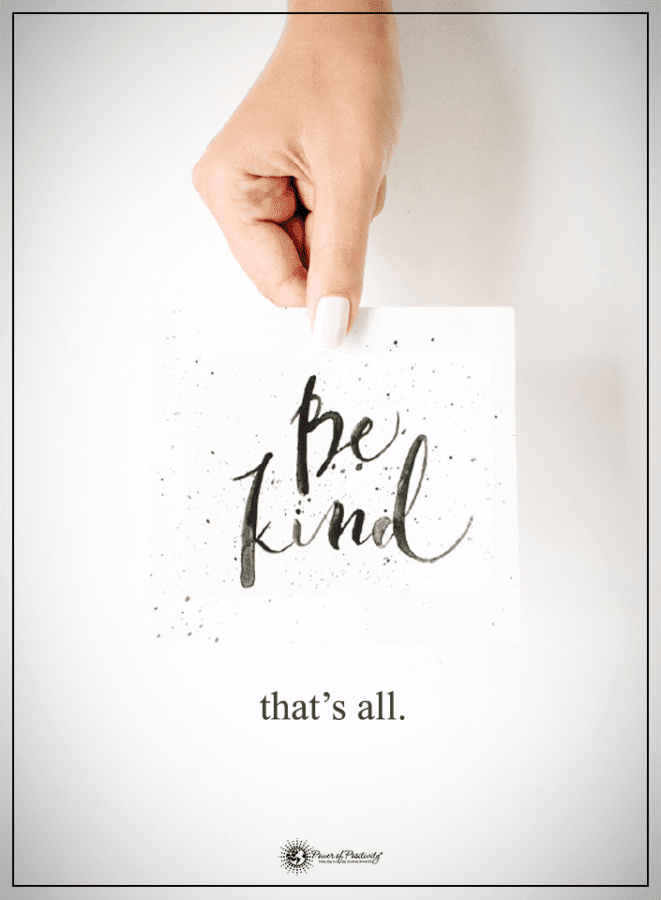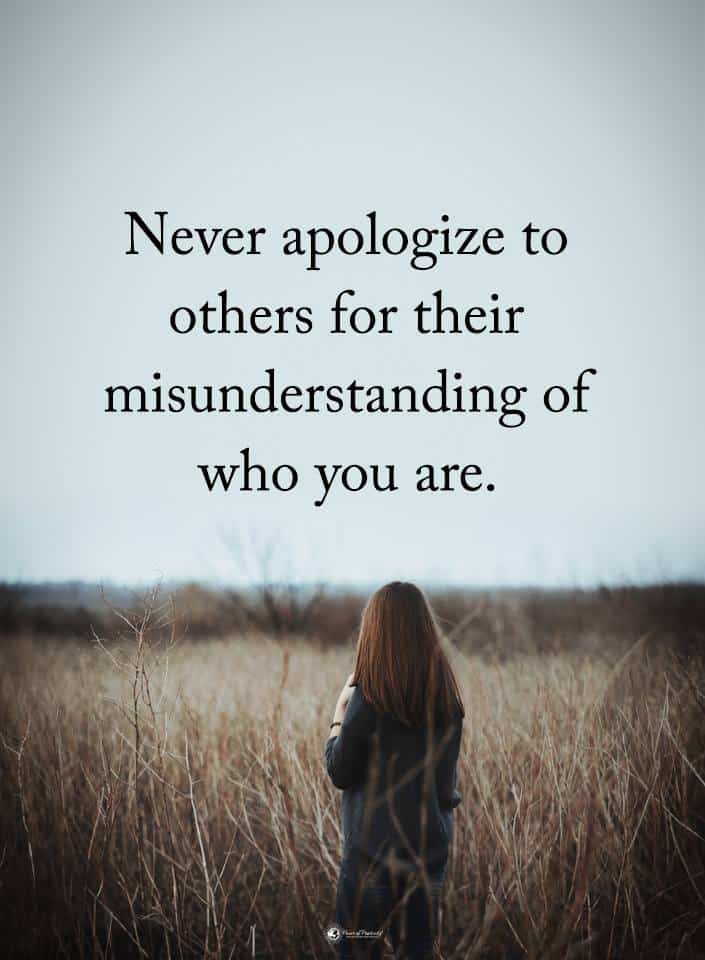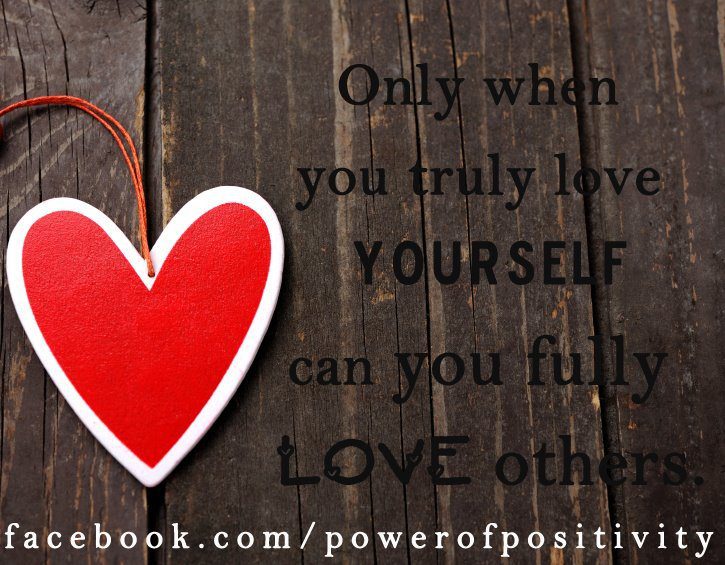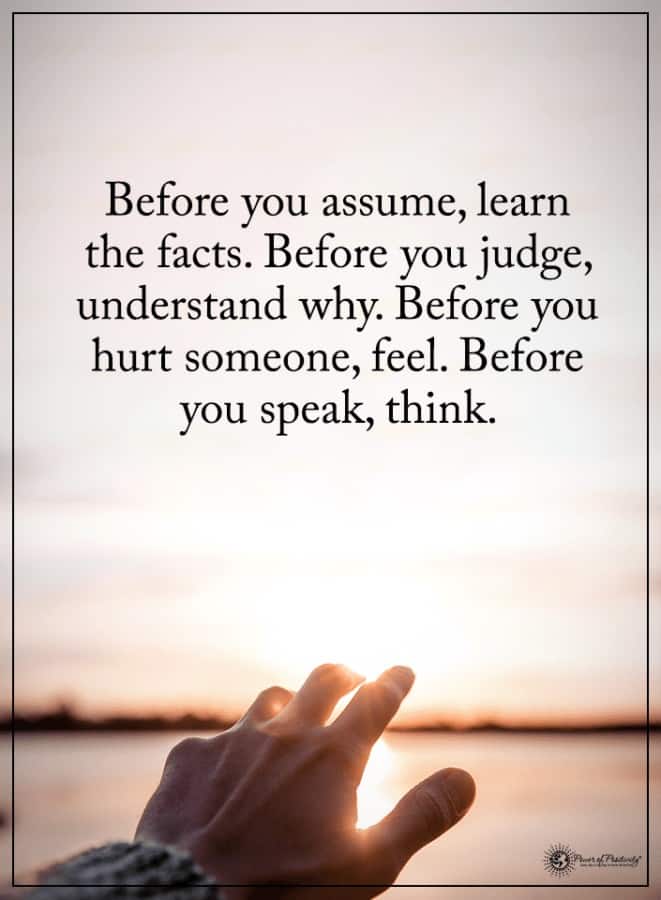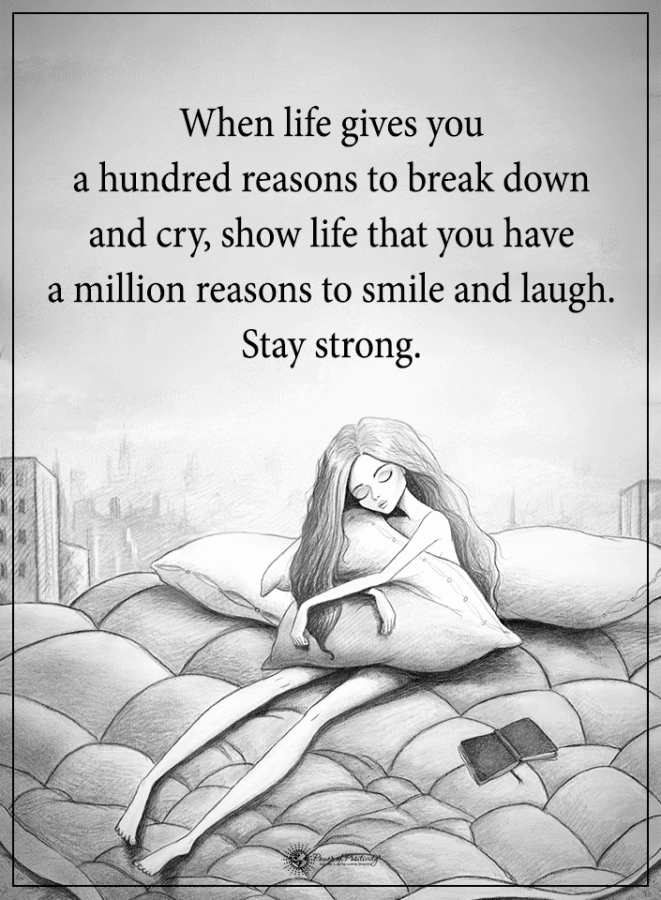The word meditation still evokes feelings of uncertainty and discomfort for some.
This makes sense, as most of Western civilization hasn’t been exposed to the practice. Those who have either: (a) think of meditation as “strange,” (b) aren’t interested, or (c) have seen big changes in their lives.
To be clear, meditation is not a religious practice.
Once again, meditation is not a religious practice.
While it’s true that many practicing Buddhists engage in meditation, the actions of meditation are fundamentally non-religious.
To digress for a moment, the intent of Buddhism was not to form an organized religion. Siddhartha Gautama, referred to as The Buddha, told his followers: “Be your own lamp, seek no other refuge but yourself, Let truth be your guide.”
To meditate, for all intents and purposes, is to focus on the breath. Nothing more and nothing less. Thoughts will come. Your job is to allow such thoughts. When you notice your mind wandering, gently bring your attention back to the breath. Gentle discipline is the foundation of meditative practice.
“I regard consciousness as fundamental. I regard matter as derivative from consciousness … Everything that we talk about, everything that we regard as existing, postulates consciousness.” ~ Max Planck
Harvard goes to the Himalayas
Dr. Herbert Benson, Professor of Medicine at Harvard University, embarked on a remote trip to the Himalayan mountains. His task: study monks living in a remote monastery.
“Buddhists believe the reality we live in is not the ultimate one,” Benson explains. “There’s another reality we can tap into that’s unaffected by our emotions, by our everyday world.”
Let’s pause and consider the above quote.
Another reality that’s unaffected by emotions? Think about the potential implications should this notion prove right.
What is the leading cause of death in the world? Stress.
The HeartMD Institute defines stress as follows:
“(The) measure of your mental and physical resistance to circumstances beyond your control … threats, demands, or changes to which you attach (and) with which you may struggle or feel uncertainty.”
Dr. Stephen Sinatra, the founder of the HeartMD Institute, says “Acute stress is the leading cause of sudden death, especially in young healthy people with no evidence of coronary disease.”
Chronic stress causes too many health conditions to count.
Recognizing the stakes, it’s quite clear why Dr. Benson decided to make that dangerous journey into the mountains.
What did Benson discover?
Dr. Benson wanted to know if the near-superhuman abilities reported of the monks were valid. He is especially interested in the claim that the monks could voluntarily raise their own body temperature – once considered an impossibility by many scientists.
The monks used a Tibetan meditation technique called Tummo (pronounced ‘toom-oh’), otherwise known as the “Inner Fire Meditation.”
Following the monks Tummo practice, Benson and his colleagues measured the monks body temperature. It had risen by up to 17 degrees.
In a follow-up experiment, according to Harvard University, “Just using the power of their minds, the monks produced enough body heat to dry wet sheets placed on them as they relaxed in chilly rooms.”
What else can meditation do?
Dr. Benson has published numerous books and scientific publications on his findings. For his breakthrough work, he was named the Director Emeritus of the Benson-Henry Institute (BHI), and Mind-Body Medicine Professor at Harvard Medical School – a position that Harvard created.
Here are a few “hidden” powers of mindfulness or meditation, cited by Dr. Benson:

1. Induces deep relaxation
Dr. Benson calls the Relaxation Response “an innate or embedded response” and “opposite to the fight-or-flight (stress) response.”
The RR is quite simple:
Sit in a comfortable position, at ease, without movement, and breathe slowly and deeply. Each time your breath is coming out, say out loud a chosen thought, word or phrase. Do this for five minutes.
Secular words include: peace, love, kindness, gentleness, truth.
If you’re of a certain faith, you can choose a textual passage or name associated with your beliefs. The Relaxation Response has demonstrated some incredible benefits, as you will see.
2. Meditation fights disease
Dr. Benson states “We found a range of disease-fighting genes were active in the relaxation practitioners that were not active in the control group.”
Again, this is a groundbreaking discovery. Experts once thought our mind unchangeable – that we were stuck with them. This is not the case.
The Willpower Institute, which thoroughly reviewed Dr. Benson’s work, writes:
“…the benefits of the relaxation effect were found to increase with regular practice … the more people practiced relaxation methods such as meditation or deep breathing, the greater their chances of remaining free of arthritis and joint pain with stronger immunity, healthier hormone levels, and lower blood pressure.”
3. Meditation balances emotions
Emotional balance is a state where one is free of “neurotic behavior,” including anxiety and depression.
It is important to remember that being completely free from “neuroses” is difficult, especially in today’s 24/7, “always on” society. However, with regular meditative practice, numerous individuals have fully recovered from mental health illnesses.
Proper diaphragmic breathing, or “belly breathing,” stimulates the parasympathetic nervous system (PNS). The PNS counteracts the “fight or flight” mechanism, which is crucial for stress reduction.
4. Meditation promotes tranquility
Of all the benefits of meditation, tranquility may be the most pleasant and welcome.
This isn’t to say that meditators don’t experience stress and negative emotions – they most certainly do. However, the meditative mind doesn’t hold onto the negative emotions for nearly as long as the “normal” mind.
The importance of this calming effect cannot be overstated. Fewer and shorter negative emotions mean less stress, better health, and a much, much more positive mindset.
5. Improves efficiency and productivity
“Productivity” and “efficiency.” Eck.
Once you begin practicing meditation, you will assuredly be more productive and efficient. However, you will not be another stress-absorbing workhorse that today’s corporate culture loves to promote.
Instead, you’ll approach work with a Zen-like focus. And you won’t feel as if some jockey is whipping you while you sprint to the finish line.
Who wouldn’t love that?!

